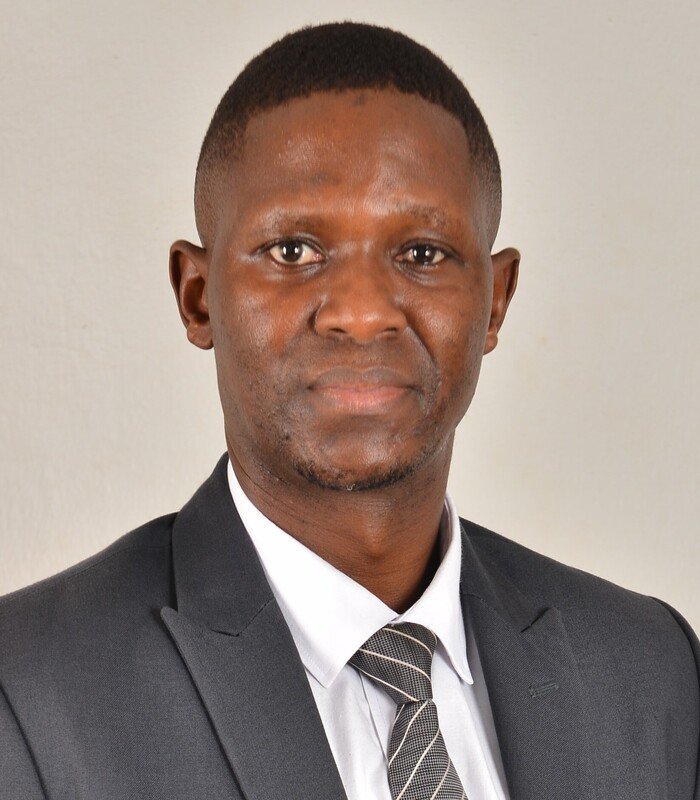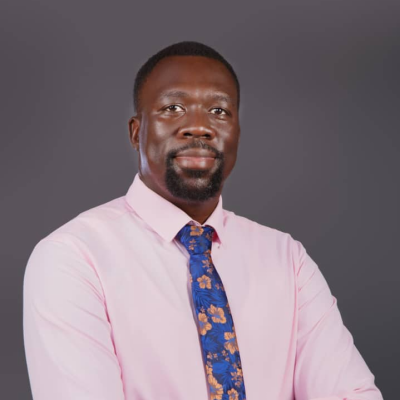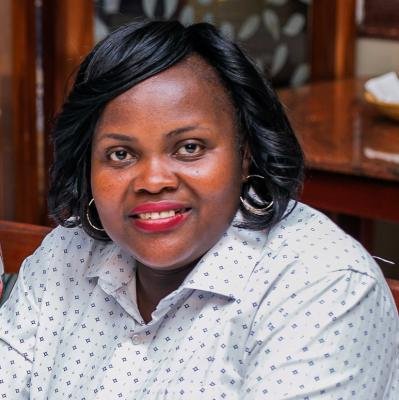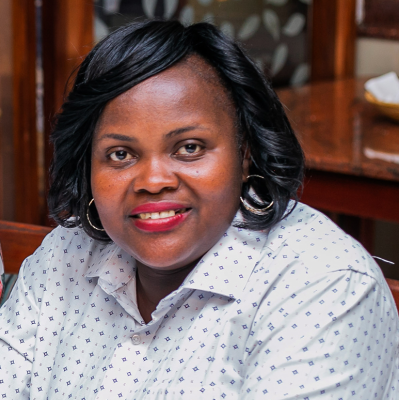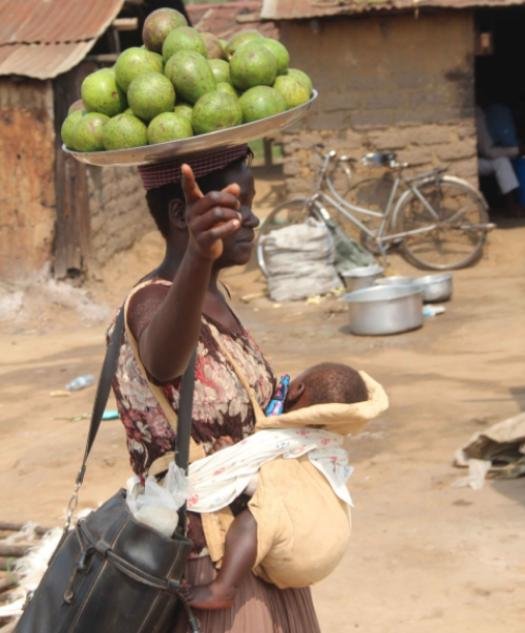
About NORMS
Who we are
Norms Africa Development (hereinafter referred to as ‘NORMS’) is a civil society organisation with a broad-based mandate on human rights and sustainable development in Sub-Saharan Africa. Established on the 20 June 2022, NORMS works to bring about norms-consistent behaviours by stakeholders, particularly States, business enterprises, civil society, academia, rights-holders, and grassroots leaders. This is through a team of experts drawn from diverse backgrounds and experiences in diffusing international human rights standards and principles, including the United Nations Guiding Principles on Business and Human Rights in policies, programmes, legislation, institutional mechanisms, and practices by stakeholders.
At NORMS, we are driven by one common goal, to move the furthest behind in development first and thus ensure a life of dignity for all. We are convinced that by collaborating directly with these stakeholders; we achieve positive human rights outcomes and impacts for the furthest behind in development, such as women and girls, children, persons with disabilities, and others. We understand at NORMS, the significance of business enterprises in contributing to sustainable and inclusive development. However, we also know that lack of effective governance framework and tools for operations of business enterprises remains a threat to human rights, especially in developing countries. Thus, NORMS provides expert advice on sustainable solutions for conditions created by gaps in business and human rights. This is through our deep expertise and understanding of business and human rights contexts, including in Sub-Saharan Africa.
Our focus
As NORMS, we focus on addressing structural barriers to sustainable development, especially those inherent in policies, legislation, and institutional mechanisms. In addition, we pay key attention to barriers in human rights and development, particularly those confronted by civil society, business enterprises, rights-holders, and human rights defenders. Therefore, we seek to bring about norms-consistent behaviours by stakeholders in four interlinked areas
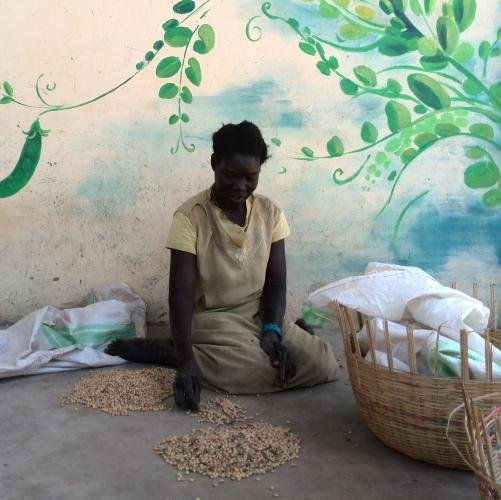
Business and Human Rights
Business enterprises play a significant role in fostering human rights and sustainable development through employment, tax revenue contribution to the States, and innovation. However, barriers exist in operations of business enterprises, which often result in adverse impacts on human rights. Those disproportionately impacted include women and girls, children, persons with disabilities, Indigenous persons, and others. In addition, developing countries remain adversely affected by business operations, particularly environment and other natural resources.
Thus, NORMS is working with States in Sub-Saharan Africa and business enterprises of all sizes and shapes to address governance gaps that permeates business and human rights. Also, NORMS is aware of the value-added civil society organisation and human rights defenders bring about to business and human rights. At NORMS, we partner with different organisations thus positively influencing State public policies and operations of business enterprises.
NORMS is also partnering with other key stakeholders for advancing business and human rights. This includes academic institutions, UN Agencies, African Union, and regional human rights mechanisms.
Gender Justice
In Sub-Saharan Africa, gender justice remains a critical barrier to human rights and sustainable development. There is evidence to show that women and girls are disproportionately impacted, especially incomes, health, education, and access to justice. The above are attributed to several factors, and mostly inequality and discriminations (power) inherent in State mechanisms and those of business enterprises.
In addition, the absence of women and girls’ participation and inclusion in public decision-making processes. The latter is linked in part to inadequate capacity by women and girls to challenge the existing ‘powers’ by States and business enterprises.
NORMS works with State institutions, business enterprises, and civil society to address gender gaps by women and girls. Whereas States are better positioned to ensure access to justice, little is known regarding their effectiveness in business and human rights. Therefore, NORMS is collaborating with partners on gender justice with a focus on access to justice for women and girls (United Nations Guiding Principles, Pillar III-Access to Remedy).
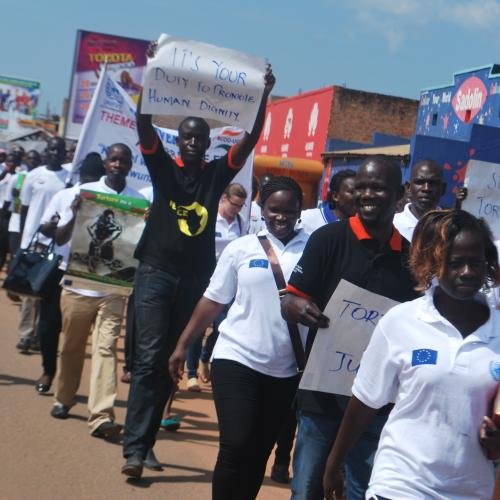
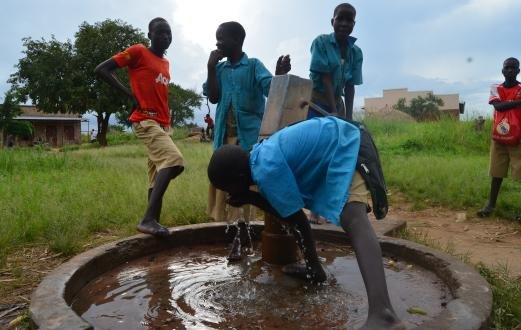
Climate change and Human Rights
Another core focus area of our work is addressing human rights conditions arising from climate change. It is important to note that operations of business enterprises in Sub-Saharan Africa are negatively linked to climate change. This includes environment pollution (noise, air, and water), destruction of wetlands, and forests, pesticides in large-scale commercial farming, and mercury by artisanal miners. The result is an increase in conflicts, poverty, and hunger. Those significantly impacted include the Indigenous persons, women, children, and people living on the islands/fishing communities.
NORMS is working with government authorities, civil society, academia, and rights-holders to address climate change. This is within the framework of the UN Guiding Principles on Business and Human Rights.
Sustainable Development
One of the biggest challenges to sustainable development in Sub-Saharan Africa is a lack of timely, reliable, and adequate data. But what kinds of data are we considering?
NORMS is working with States to strengthen their National Statistical Systems through a human rights-based approach to data framework.
At NORMS, we are looking at enhancing methodologies for collecting, analysing, and disseminating human rights data by States. In addition, we are working with States to integrate international human rights standards and principles in their respective Sustainable Development Goals roadmaps.
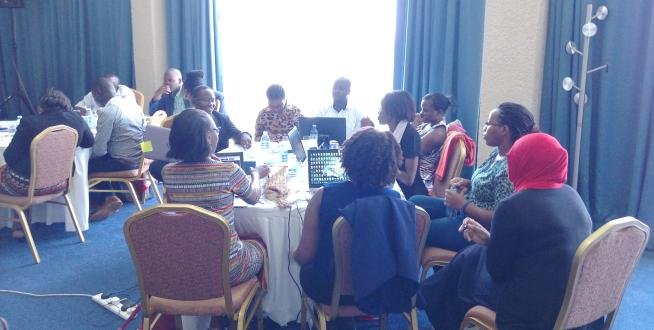
Prioritizing Inclusive Development and Collaborative Engagement
At NORMS, we reach the furthest in development first, such as women and girls, children, Indigenous persons, and victims of human rights harms. This is because of their unique conditions when it comes to human rights and sustainable development. Furthermore, NORMS directly engages Legal aid Technical and advisory assistance (human rights monitoring, trainings, awareness-raising, dialogues, seminars) Norms Page | 9 with States and devolved governments, business enterprises, civil society organisations, and human rights defenders. We do this through:
Research and Innovation
Legal Aid
Technical and Advisory Assistance
Our Impact
Explore how NORMS is making a tangible difference in the lives of individuals and communities through our relentless commitment to advancing human rights, sustainable development, and equality.
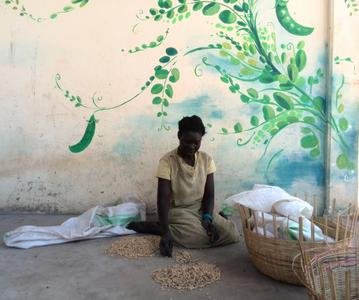
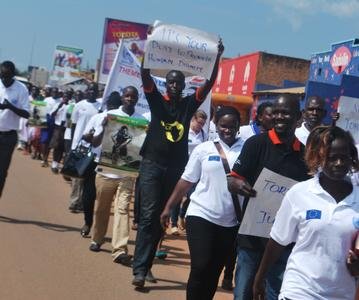

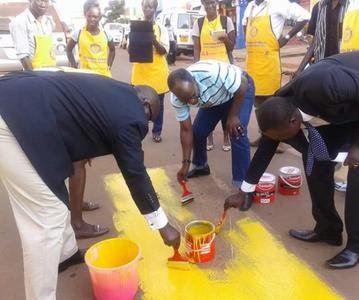
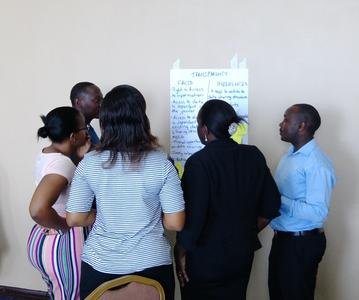
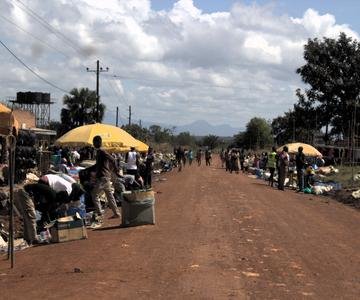

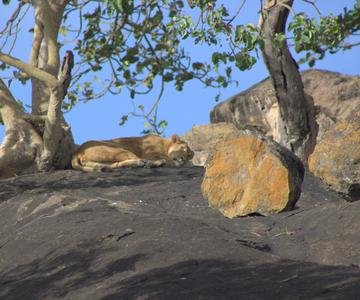
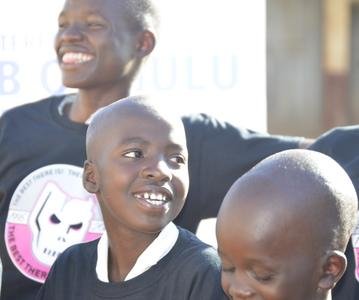
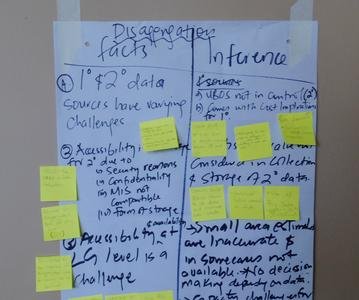
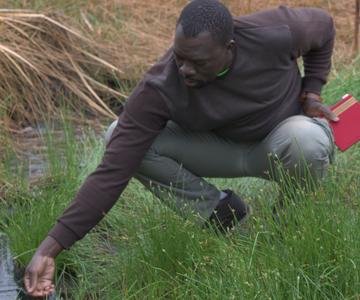
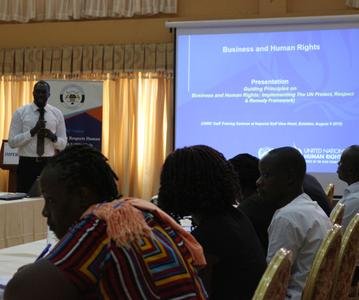

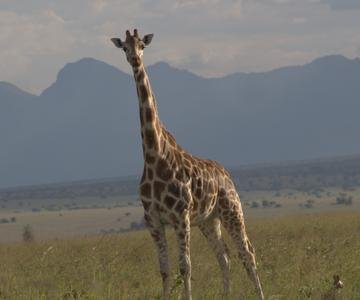
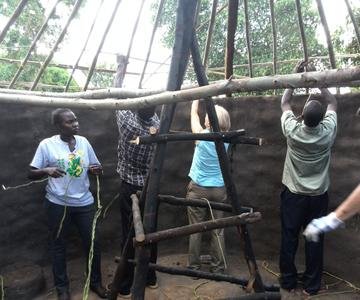
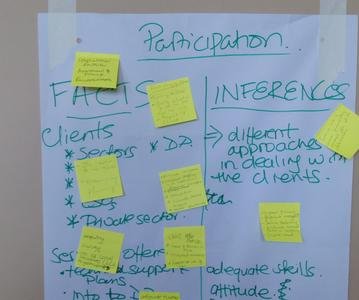
Our Commitment to the Sustainable Development Goals (SDGs)
At NORMS, we are dedicated to aligning our efforts with the United Nations Sustainable Development Goals (SDGs) to create a more equitable, sustainable, and rights-based world.

Where we work
NORMS is a leading centre for diffusing international human rights standards and principles in States legal, policy, and institutional orders.
The organisation has its headquarters in Kampala, Uganda with a reach to States in the East African Community and Sub-Saharan Africa.
Board Member
Meet the leadership team behind NORMS, united by a common vision to drive positive change and create a world where human rights and sustainable development thrive.
The Core Team
Get to know the passionate individuals behind NORMS, united by a shared vision of driving positive change and fostering a world where human rights and sustainable development flourish.
Let's Connect.
Reach out to us to start a conversation, collaborate, or share your thoughts on how we can work together to make a positive impact on human rights and sustainable development.
Mail us :
P.O.Box 115366 Kampala - Uganda
info@normsafricadevelopment.org
Call us :
+256 (0) 776 309 640
+256 (0) 788 809 036
Find us:
Second Floor, Sayuuni Complex
Ntinda-Kisaasi Road



